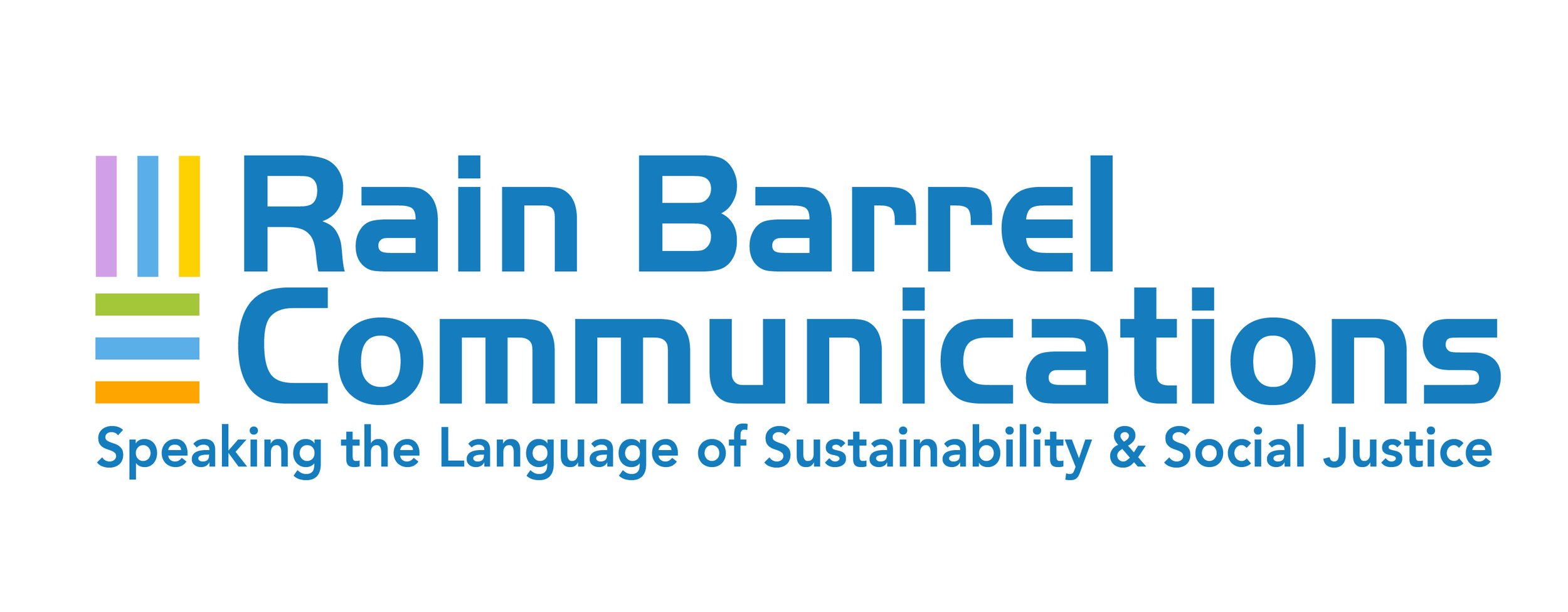So, who are the experts?
There are eight tables of 70 participants. Each has a mix of creative media talent: radio or TV production staff, scriptwriters, composers/singers and animators. They also include people working in Early Child Development and members of the Content Advisory Group from an extremely popular children’s radio series, Itetero, that just completed its second season. And there are parents, people living in far-away villages and several young people with a range of disabilities.
My name is Barb Kolucki and I am the Facilitator of this “Innovative Communication for Early Child Development” workshop, held in Kigali, Rwanda from 6-11 November 2017. The purpose is to improve content and production aspects of the Itetero radio series as well as draft some of the first episodes for a new TV series for young children and caregivers. Rwanda is a country of nearly twelve and a half million with half the population under the age of 15 years. These programs have the potential of reaching these children with age-appropriate, inclusive and culturally-appropriate educational media.
At one of the tables there is the same mix of people as mentioned above. One is a 14-year old who is blind. He lives far away from Kigali, with his mother, who also cannot read. Her son never went to school, but about a year ago, he heard the Itetero show on the radio. He was fascinated and listened whenever he could. The show taught him skills he never dreamed possible and he convinced his mother to send him to a regular school, where he was first in his class. He teaches his fellow students to use braille and dreams of becoming a teacher. He is bright, sings, dances and was one of the best contributors at the workshop.
This same group included Emma, a woman in her late 20s who is also blind. She was shy and while everyone else was brainstorming the storyboard for the TV spot, she was mostly quiet. The group’s job was to present how a person with a disability can be the teacher, the helper, and not the person who is always helped.
Emma, who is blind, shows children how she makes beaded bracelets and knows which colors to choose
When I sat with the team to review their storyboard, you could feel their excitement. I watched Emma’s face as she listened intently as a lot of great ideas were tossed around. I cautiously asked, “Emma, is there one of these ideas that you like best and that you think will work?” Well, that was all that was needed. Emma took over. She not only shared what would work but how it would work and how it could be produced. For example, she offered suggestions on visual cues she should use so that children who were not blind and viewing children could understand her skills, her adaptations, her resiliency. Emma became the writer, producer and director of the spot – much to the surprise and delight of the rest of the team.
Other teams followed suit. A delightful teenager who was deaf signed a newly composed song while one of the most famous singers in Rwanda, Peace Jolis, sang along. Positive aspects of Rwandan culture were celebrated through two of the first animation spots – one for preschool children and the other portraying traditional story-telling by grandparents.
Famous Rwandan singer Peace Jolis sings and signs a song with a participant, who is deaf, and his sign language interpreter
Who, then, were the experts? In Rwanda, and in many other countries where I’ve supported communication and production workshops, the answer is always CHILDREN and THE MOST MARGINALIZED PERSONS. It’s not that TV and radio producers aren’t critically important, especially when it comes to the technical and creative aspects of production. It is just that kids are experts on childhood. Disadvantaged or marginalized people are experts in what it is like to experience discrimination and inequality. These are core principles of UNICEF’s package: “Communicating with Children: Principles and Practices to Nurture, Inspire, Excite, Educate and Heal” that I co-authored many years ago, and that remain just as valid today.
The magic and solutions come when we adults allow ourselves to think like children, listen to and be guided by those whose lives are lived “outside the box” and have so much to teach all of us. I return to Rwanda in 2018 for the second stage of the Rain Barrel consultancy for UNICEF. Stay tuned.



